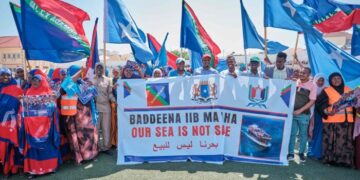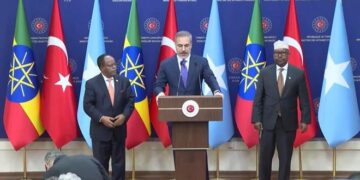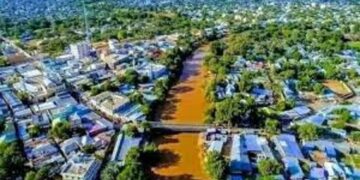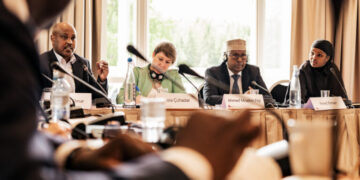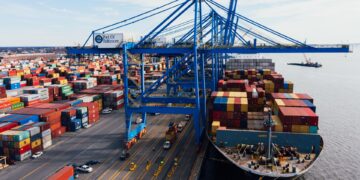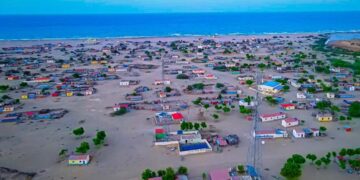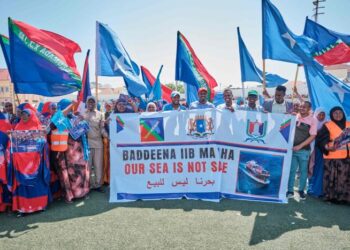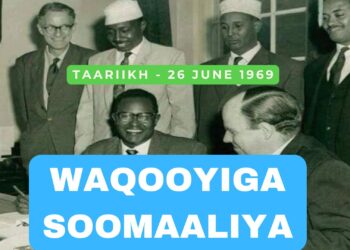The Horn of Africa is a strategically important region on the world map and has played a significant role during the Cold War power struggles between the major global powers.
Conflicts, drought, despair, and exploitation by various governments have marked this region.
Somalia and Ethiopia, neighboring countries, have long had a history of mistrust, conflict, and devastation. The people in these two countries are vulnerable to conflicts and hostilities, especially during times of political or ethnic tension.
Somalia’s federal government faces significant internal mistrust, with divisions based on politics, security, and clan identities. Ethiopia, too, struggles with ethnic tensions, where its population is divided by religion and language. However, the Somalis stand out as a homogeneous group, sharing a language and a religion, which distinguishes them from other ethnic groups in Africa and the rest of the world.
Can Ethiopia and Egypt Engage in a Conflict in Somalia?
Given the current circumstances in the Horn of Africa, such a scenario is possible. The conflict between Ethiopia and Egypt is deeply rooted and primarily revolves around the Nile, which is crucial for Egypt’s survival, economy, and security. The Grand Ethiopian Renaissance Dam (GERD) has been under construction since 2011 and has significantly impacted Ethiopia’s political relations with Sudan and Egypt.
Ethiopia’s ambitions to establish a port and a military base by the Red Sea are alarming for Egypt, which would never allow Addis Ababa to reduce the Nile’s water flow while also gaining increased power by the Red Sea.
This situation poses a serious threat to the entire region. Only time will tell how this will unfold, but it largely depends on whether Ethiopia withdraws from the MoU agreement reached with Somaliland, a region in Somalia.
Somalia has the sovereign right to establish agreements with any country it considers a friend, as long as such agreements respect international and regional laws.

